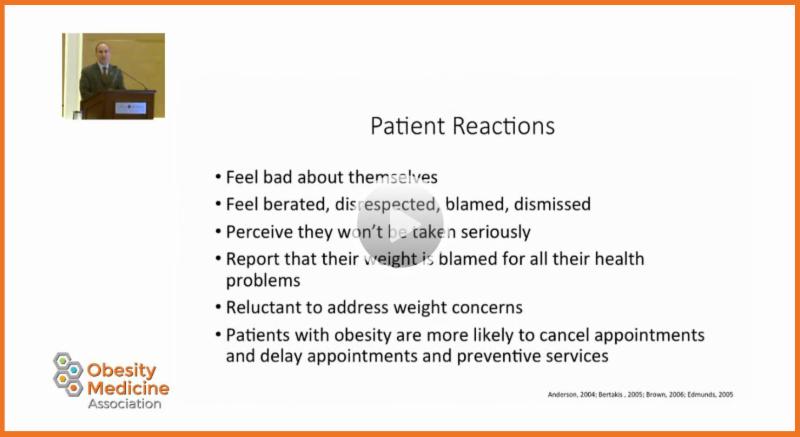
Addressing Weight Bias in Health Care: How to Be a Better Doctor
Visit the Obesity Medicine Academy to purchase and watch this presentation about addressing weight bias in your own practice and using language that empathizes with -- and does not blame -- your patients, presented by Dr. Scott Kahan. After you watch the presentation online, pass the quiz to claim 1 hour of CME/CE credit. |
 |
 Careers in the field of obesity medicine
Looking for a new position in the field of obesity medicine? Check out the career listings on our website. Current open positions include:
- Fellowship in clinical obesity and metabolism (Houston)
- Bariatrician (New Orleans)
- BC internal or family medicine (Colorado)
- Nurse practitioner (Cincinnati)
- Nurse practitioner (Puyallup, Wash.)
- Nurse practitioner (New York)
To apply for an open position, visit the careers page and read the description and application instructions for the position you're interested in. Want to post an opening in your practice? It's free for members! Contact rachel@obesitymedicine.org for more details.
|
 |
 Apply to join the Board of Trustees
Take your leadership to the next level and become more involved! We're now accepting applications for the 2016-2017 Board of Trustees. Interested candidates must complete an application and submit it to OMA via email, fax, or mail by May 16. The following positions are available:
- Vice president (one-year term)
- Secretary/treasurer (one-year term)
- Trustee (three positions available, each a two-year term)
|
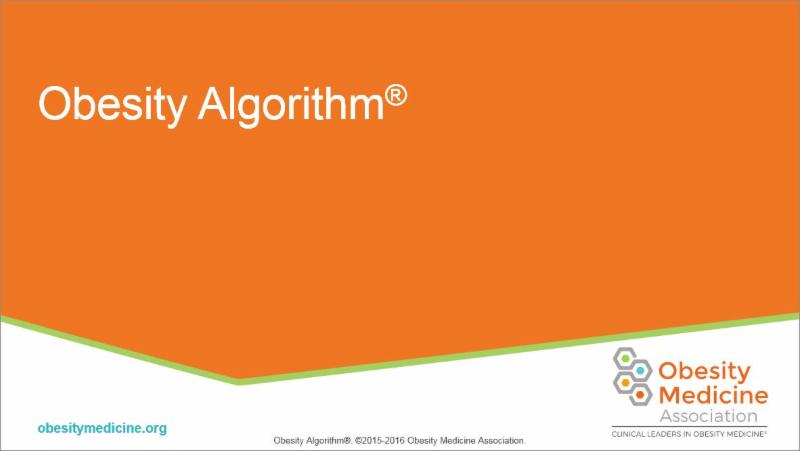
Apply to join the Obesity Algorithm committee
The Obesity Algorithm committee is seeking new members. Members of this committee work to keep the Obesity Algorithm® up to date by suggesting content ideas and revisions to be included in the next version. Committee members who demonstrate extraordinary effort have the opportunity to become authors of the algorithm. Interested in getting involved? Fill out a committee application and return it to membership@obesitymedicine.org by Friday, May 20. (Note: enrollment for all other committees does not open until September of this year.)
|
 |
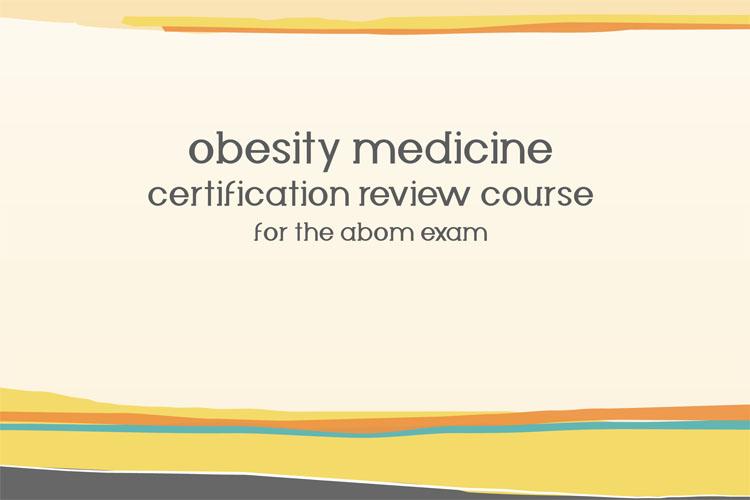
Prepare for the ABOM exam with the Review Course
If you're taking the American Board of Obesity Medicine (ABOM) certification exam this year, make sure you have a copy of the recorded Review Course to help you study! The Review Course is highly recommended by members who have passed the exam. As we transition to the Obesity Medicine Academy, the our limited inventory of Review Course CDs and DVDs is heavily discounted -- get yours before it's gone! Visit the online store or call the office to order.
|
Obesity Treatment Foundation
|
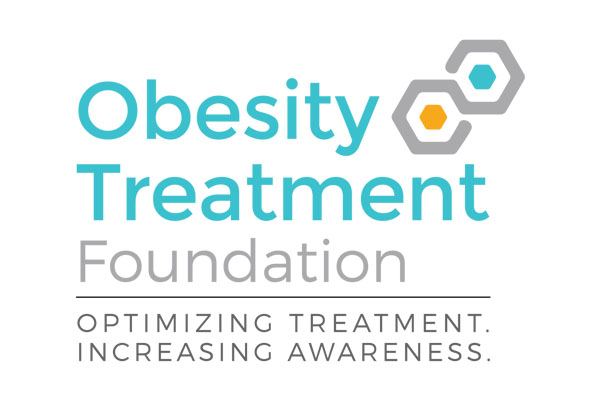 10 days left to submit your letter of intent for a $15,000 research grant 10 days left to submit your letter of intent for a $15,000 research grant
The Obesity Treatment Foundation (OTF) will offer one research grant this year in the amount of $15,000. This grant will assist an obesity medicine specialist in engaging in clinical research focused on determining effective obesity treatment approaches. OTF is now accepting letters of intent from clinicians interested in applying for this grant. Letters of intent are due by May 13, and selected applicants will be invited by June 6 to submit full proposals. Carefully review the submission instructions before submitting your letter of intent. Questions? Contact OTF at stacy@obesitytreatmentfoundation.org.
|
|
|
|
Executive Director
Sponsorships and Exhibits Manager
Operations Manager
Education Coordinator
Communication Manager
Executive Director of the Obesity Treatment Foundation
|
|
101 University Blvd.,
Suite 330
Denver, CO 80206
|
|
|
Persistent metabolic adaptation six years after the "Biggest Loser" competition
Fothergill, E., et al. Obesity, 2016.
The "Biggest Loser" is a reality TV show where contestants with obesity come together to a common location and compete to lose the most weight. Contestants engage in an intensive lifestyle program and often lose a significant amount of body weight over a relatively short time period. A study on "Biggest Loser" contestants was conducted to determine if the slowing of resting metabolic rate (RMR) with weight loss, which is often greater than would be expected based on the measured changes in body composition, related to weight regain years later. Body composition (using dual energy X-ray absorptiometry) and RMR (using indirect calorimetry) were measured at baseline, at the end of the 30-week competition, and six years later. Only 14 of the "Biggest Loser" competitors participated in this follow-up study. Weight loss at the end of the competition was 58.3 + 24.9 kg, and RMR decreased by 610 + 483 kcal/day. After six years, 41.0 + 31.3 kg of the weight lost was regained with about 80% of the weight change attributable to fat mass. RMR was 704 + 427 kcal/day below baseline. This suggests a metabolic adaptation of -499 + 207 kcal/day. Participants maintaining greater weight loss at six years also experienced greater concurrent metabolic slowing. These findings suggest that metabolic adaptations persists over time and affect efforts to reduce body weight. View article
|
Is consuming yoghurt associated with weight management outcomes? Results from a systematic review
Eales, J., et al. IJO, 2016.
A review was conducted to determine the usefulness of yogurt as part of a weight-management program. Twenty-two publications were reviewed. Results showed that yogurt consumption is associated with lower BMI, lower body weight and less weight gain, smaller waist circumference, and lower body fat in epidemiological studies. Randomized controlled trials that were investigated suggest weight-reduction effects but have not concluded a distinct cause-effect relationship. The authors conclude that there is likely a modest but beneficial effect of yogurt consumption for prevention of weight gain and management of obesity. The availability and ease of introduction to most diets suggests that encouraging patients to eat yogurt may be beneficial for body composition and weight management. View article
|
Strong and persistent effect on liver fat with a Paleolithic diet during a two-year intervention
Otten, J. IJO, 2016.
Liver fat is affected by dietary intake. A study was conducted to compare the effects of an ad libitum Paleolithic diet (PD) with a conventional low-fat diet (LFD) on liver fat content. Forty-one healthy, postmenopausal women with obesity completed a randomized dietary intervention to consume either a PD or a conventional LFD. Results showed that liver fat decreased after six months by 64% in the PD group and by 43% in the LFD group. After 24 months, liver fat decreased 50% in the PD group and 49% in the LFD group. Weight reduction between baseline and six months was correlated to liver-fat improvement in the LFD group but not in the PD group, suggesting that consuming a PD improves liver-fat content independent of weight loss. View article
|
|
Pediatric Obesity Research Update
|
Weight loss and health status three years after bariatric surgery in adolescents
Inge, T. H., Coucoulas, A. P., Jenkins, T. M., et al. New England Journal of Medicine, 2016.
|
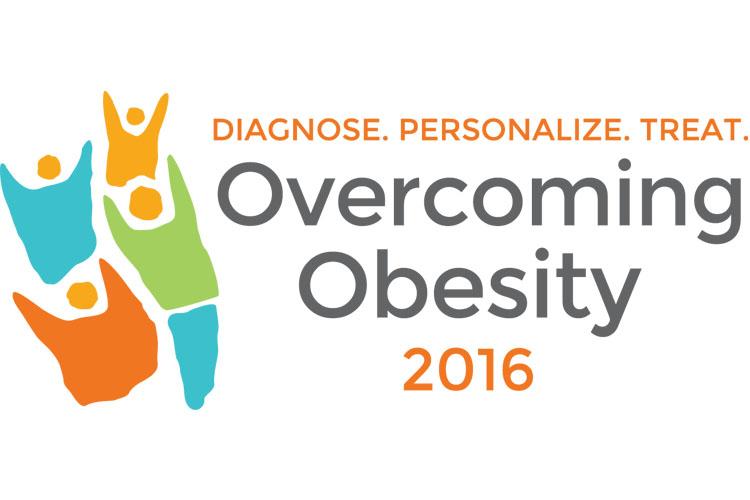
Overcoming Obesity 2016: Chicago, Sept. 21-25
If we missed you in San Francisco, we hope to see you in Chicago this fall! Overcoming Obesity 2016 is your primary source for clinical obesity education. This fall we're offering the Review Course for the ABOM Exam -- the course preferred by physicians to help them prepare for the obesity medicine certification exam -- and the Fall Obesity Summit, which contains an all-new lineup of topics and speakers. Overcoming Obesity 2016 takes place in Chicago on Sept. 21-25. Register online now! |
Review Course for the ABOM Exam
13 CME/CE | Sept. 21-22
Helps prepare those planning to take the American Board of Obesity Medicine (ABOM) certification exam.
| Fall Obesity Summit
17 CME/CE | Sept. 23-25
Addresses topics related to the clinical treatment of obesity and obesity-related conditions.
|
|

Obesity Medicine Basics
Obesity Medicine Basics returns this summer to four cities around the country. This introductory-level course is an opportunity for us to spread the word about obesity medicine to providers in a primary care setting. As a member of OMA, you can earn rewards by referring others to attend Obesity Medicine Basics. Your efforts referring your colleagues to this course will help grow the field of obesity medicine and increase the number of health care professionals with a basic understanding of how to treat obesity. Upcoming Courses: |
|
|
|
The Obesity Medicine Association and the Obesity Treatment Foundation thank our 2016 Corporate Advisory Council members for their continuous support.
|
© 2016 Obesity Medicine Association. All rights reserved. Materials may not be reproduced, redistributed or translated without written permission. Advertising disclaimer: Under a policy approved by the OMA executive committee and exhibitor/advertiser review committee, commercial companies may apply to advertise in OMA publications. Approval does not imply endorsement or official recognition of particular products or services.
|
|
|
|